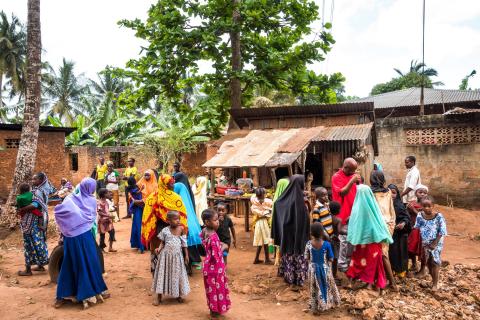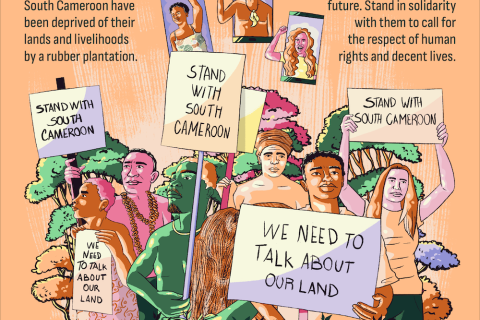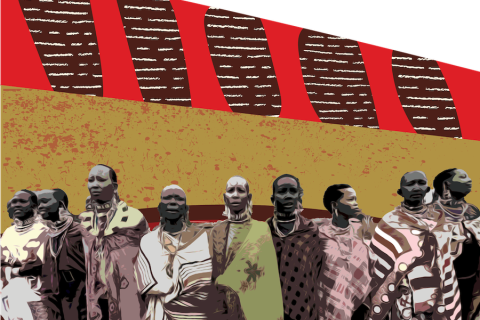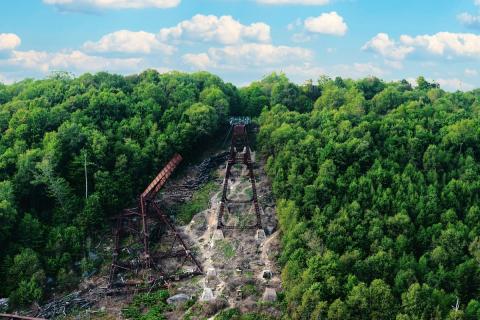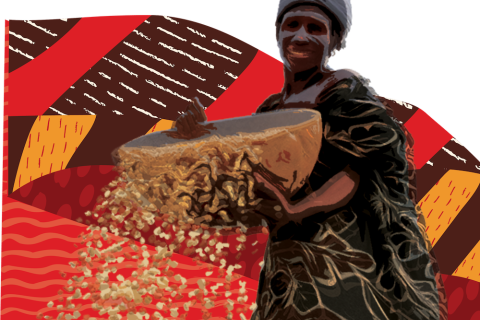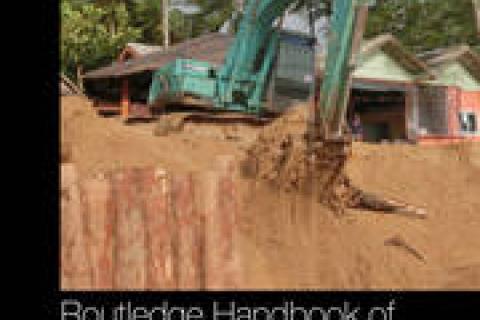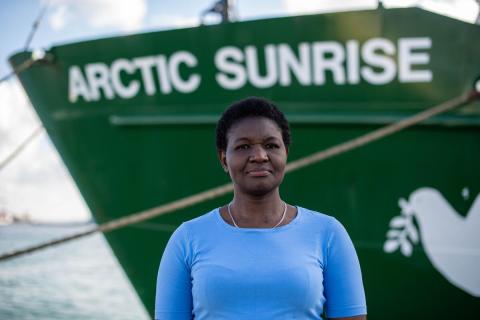Tenure insecurity on the rise: 1.1 billion people at risk, Prindex report warns
At the Rome launch of the Global Comparative Report on Security of Property Rights for Land and Housing in 2024 presented by Prindex initiative on October 22, alarming new data revealed that 1.1 billion people worldwide feel insecure about their property rights, reflecting an escalating global crisis in housing and land tenure. The findings, derived from Prindex data, present a worrying increase from 19% of the adult population in the surveyed 108 countries in 2020 to 23% in 2024—meaning almost one in four adults now fear losing their homes or land.

